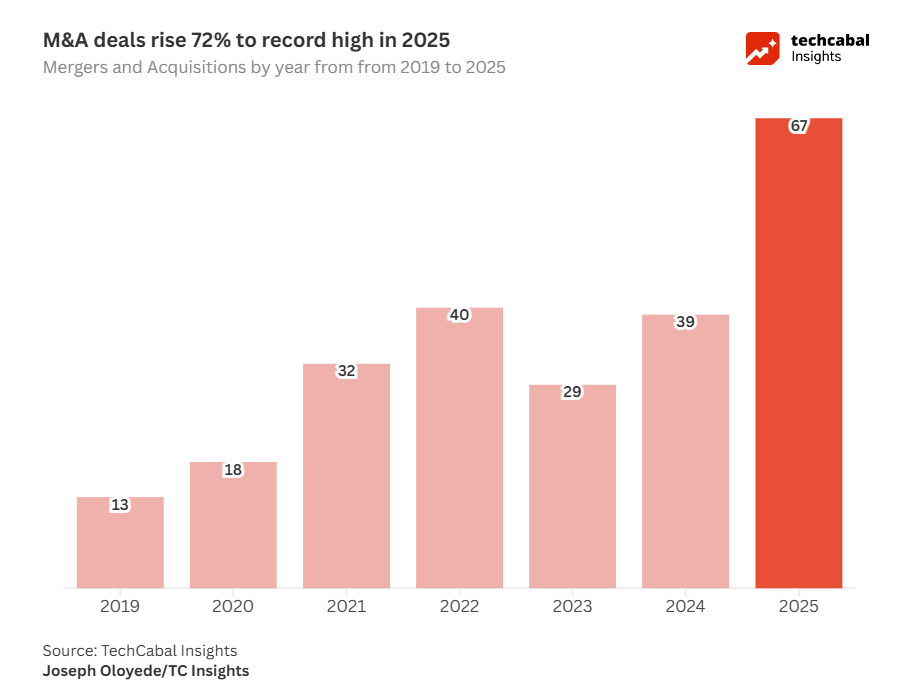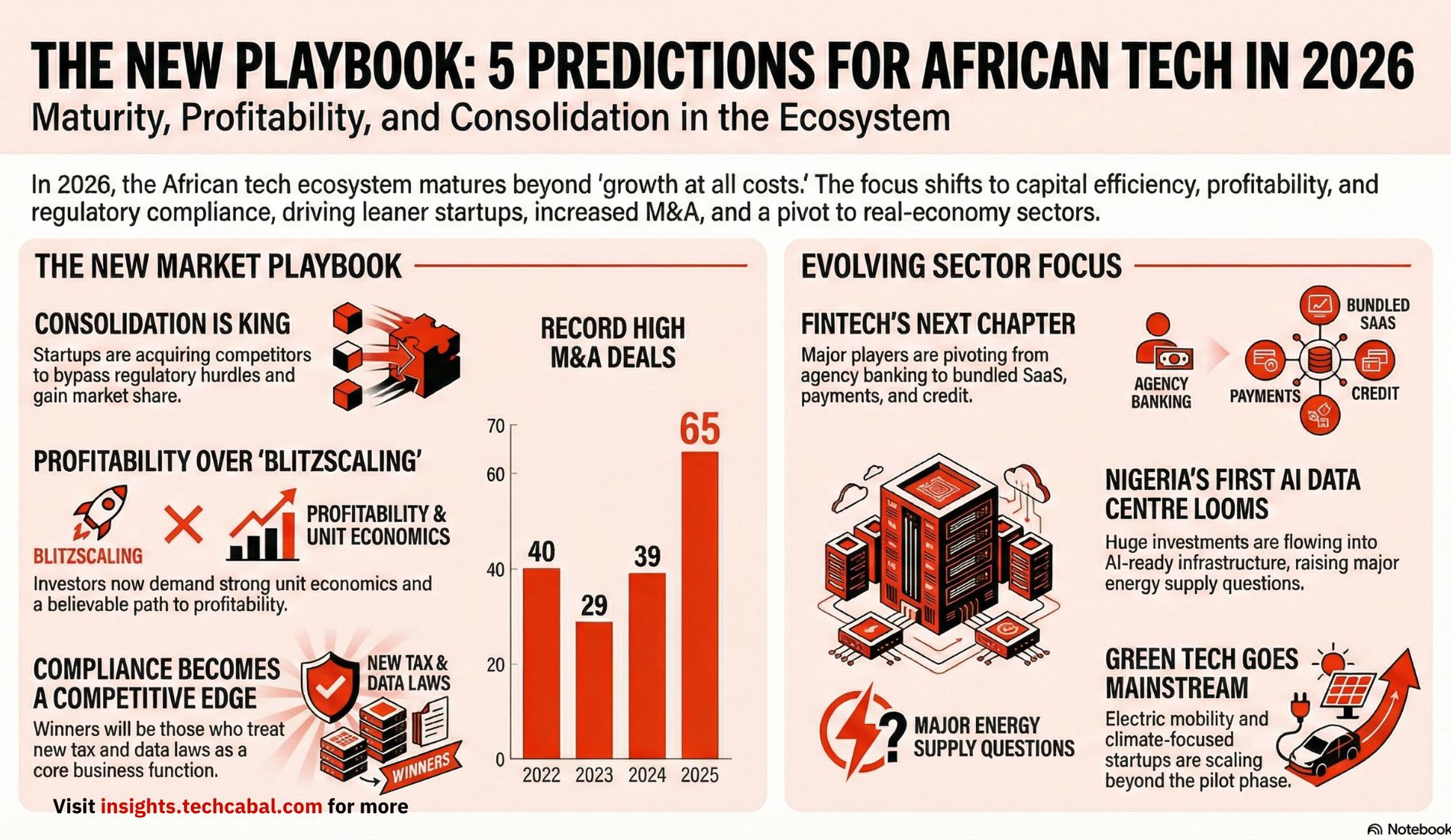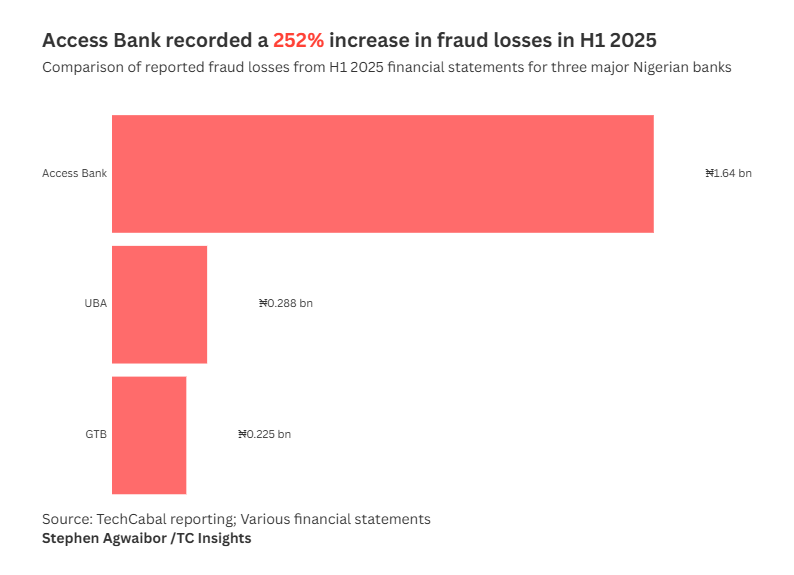
[Bill payment/ Pixabay]
Nigeria’s digital payments space is maturing rapidly, with fintech companies driving much of the innovation and growth. However, significant infrastructure challenges and low trust are hindering greater adoption of cashless transactions across the country.
Those were the key takeaways from a virtual panel discussion hosted by TechCabal Insights on Friday, May 31, 2024, to launch its 2024 Zone Payments Outlook report. The event, moderated by Timi Odueso, senior editor at TechCabal, featured industry experts, including Ope Adeoye, CEO of payments startup OnePipe, and Ayodeji Aina, Head of Enterprise Innovation at First Bank.
The panelists agreed that while digital payment usage is surging in Nigeria, the infrastructure processing those transactions is outdated and straining to keep up with demand. “The infrastructure was built before we realized digital payments would be huge,” said Aina. “With so many more digital transactions now, there’s already too much load on it.”
These infrastructure woes lead to frequent breakdowns and inefficiencies, denting users’ trust in cashless payments, the experts warned. Adeoye stressed the need for robust user education around security best practices to help restore confidence.
Another major hurdle is a lack of clear regulation and oversight, especially around emerging areas like stablecoins. “We need regulatory sandboxes for crypto innovation. African countries like Rwanda are a bit ahead in regulation in that sector,” noted Surayyah Ahmad, a venture capitalist at Aduna Capital.
Despite the stated obstacles, the panel was bullish about opportunities for Nigeria’s payments future. The country’s large unbanked population represents a vast untapped market for fintech disruption. A big question to ask, as Adeoye noted, is, “How can I innovate to serve the 60% unbanked? That’s the big opportunity.”
Embedded finance — which integrates payments into non-financial apps and services— was also highlighted as a promising path to solving longstanding pain points. As Olayiwola explained, “Embedded finance is a very interesting one because the world currently operates in such a way that fintech is now a part of almost everything we’re doing. If you have an ERP or a CRM deployed to a seller, the next thing you do is add a payment layer to it, just like Square did.”
But first, Nigeria’s payments players must work in lockstep with regulators to shore up infrastructure, build trust through security education, and foster an environment for sustainable fintech growth. The foundations need reinforcing before Nigeria’s cashless economy can truly flourish.
****** To catch up on the entire session, click this link.******










